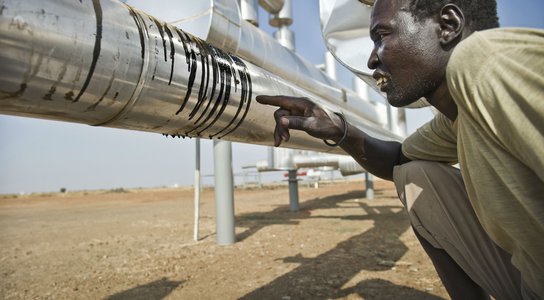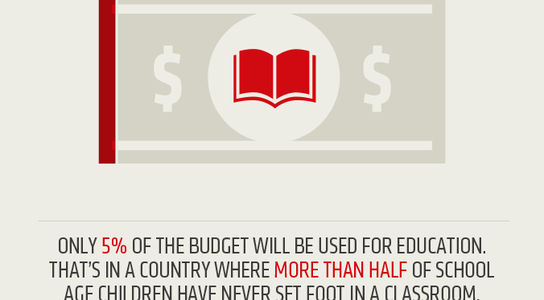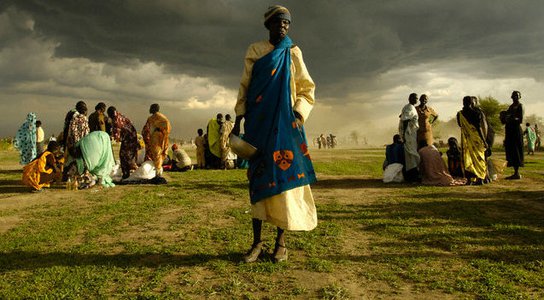News of President Kiir’s decision this week to oust Paul Adong, the managing director of South Sudan’s state oil company Nilepet, will have been welcome to legislators who have called for change at the top. However, the choice of his replacement is in need of justification. The company plays a central role in the oil sector of the world’s most oil dependent country and President Kiir must demonstrate to citizens that the person chosen to lead it, today Joseph Cleto Deng, is the best man for the job.
Nilepet holds a 5% stake in the country’s three existing oilfields. It is a recipient of crude oil which it sells on behalf of the government, although exactly how much the company sells and earns remains undisclosed. The company has also taken charge of bringing refined fuel into the country- a critical task in a country where all but a few government buildings run on generators.
Deng’s predecessor, Paul Adong, has been heavily criticised by legislators for failing to ensure a consistent supply of fuel into the country. Furthermore, under Adong’s tenure Nilepet’s activities and accounting have been conducted in the dark. Attempts by Global Witness to meet with Mr Adong to discuss the lack of transparency in the company have been unsuccessful. But while the removal of Adong is a welcome gesture towards accountability, there are serious questions to be asked about his replacement’s qualification for this significant position. Until the Presidency provides evidence of a merit based appointment, Deng will be vulnerable to accusations that instead of a representing a safer hand at the wheel, he is the latest in a series of top flight appointments who hail from Kiir’s home state and are intended to bulwark his political power base.
Deng has a big job on his hands but also an opportunity for reform. Not only is the company a central cog in the faltering economy, it also has work to do in order to adhere to the standards of transparency and anti-corruption enshrined in South Sudanese law. Publishing annual audited accounts and reports on cash brought in from oil sales since 2011, currently unavailable, would be a good place to start.


